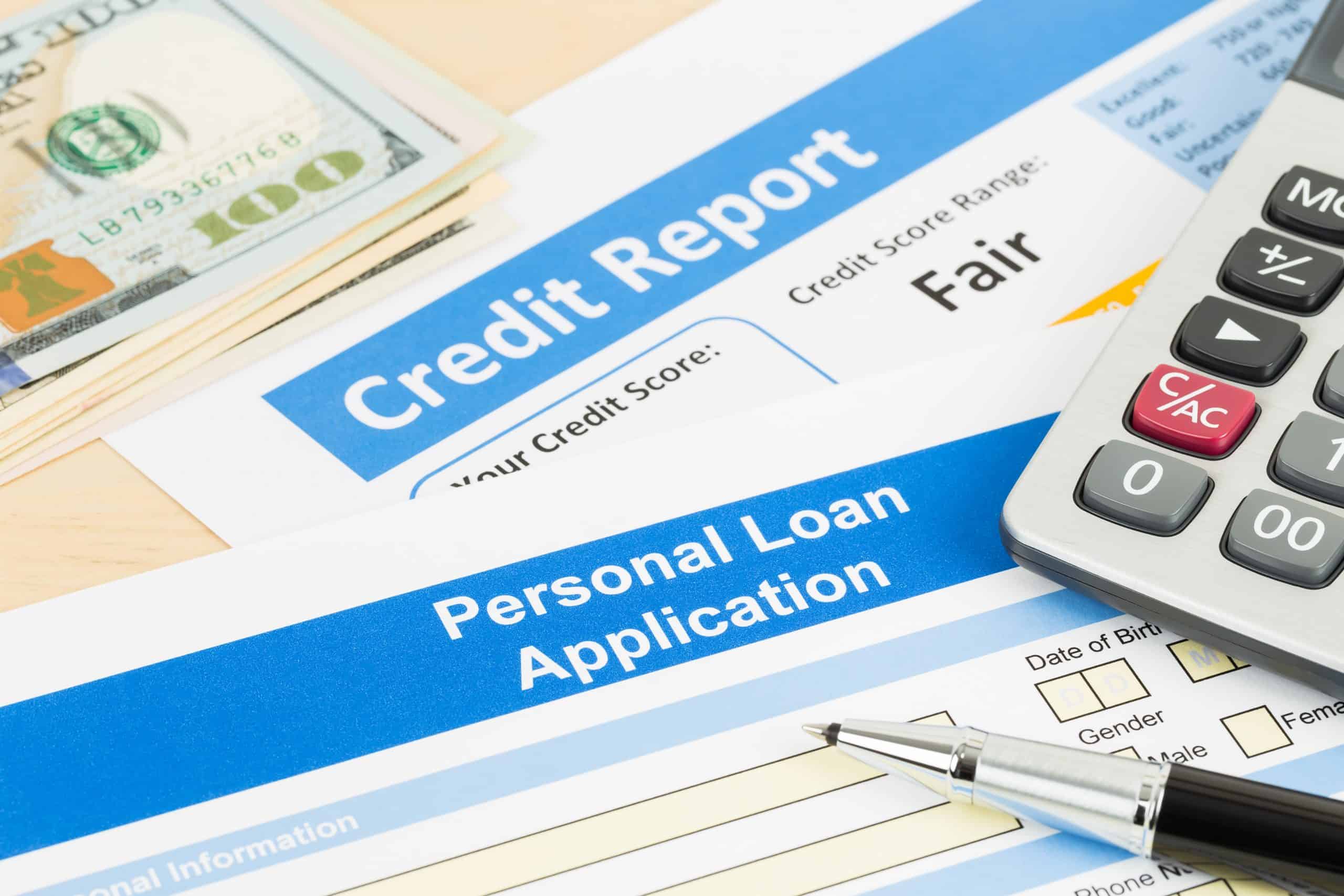
Are you looking for a way to finance an upcoming personal purchase? Do you need to shell out some extra cash to be able to upgrade to a new gaming console this year? Or perhaps you’re planning to go on a vacation in the coming weeks with some close friends beyond Australia’s borders. Whatever reason you may have, there are multiple personal loan options you can avail yourself of.
Today, several lenders and banks offer personal loan packages of all sorts. Nonetheless, not all of them will fit your needs. In order for you to get the most out of your loan, you need to compare multiple loan options before deciding which one you should go with.
As an individual looking to acquire and utilize a personal loan soon, here are tips to assist you when comparing personal loan packages to get the best deal possible. Keep on reading to learn more.
- Find A Suitable Loan Comparison Platform
In the past, you needed to manually contact and go through different banks and loan providers one by one in order to compare and contrast their personal loan offerings. Nonetheless, loans comparison in Australia these days is made easier thanks to modern technology.
Now, there are multiple platforms that offer loan comparison services. You want to find a suitable platform, preferably with brokers that assist you in finding loans suitable for your financial circumstances. Search for platforms that charge reasonable fees in exchange for their professional help.

- Factor In Additional Costs
Once you’re granted a personal loan, you’ll not only pay the amount you’ve borrowed. You’ll have to repay it with interest, processing fees, and others. As a golden rule, it’s good to understand how much you’re paying as interest on your loan.
Ask the following question. Are the rates fixed, or do they vary over the repayment period? Suppose the interest rates vary. What does the lender use to know how much to increase or decrease the rates? Do the rates change based on market prices, or are the determinants in-house? Discuss these with your loan officer for clarification.
- Find Out All The Loan Offering Details
It’s sad that some borrowers end up regretting taking loans and debt obligations, especially when they’re bombarded with legal aspects within the repayment period. Most of these incidents happen when the borrower hasn’t familiarized themselves with the fine print of their personal loan.
It’s good to point out that lenders might offer similar loan amounts compared to their peers but have different terms. Hence, you want to know what your lender requires from you once you acquire the loan. What aspects must you find out?
One is the repayment period, which is the time within which you must repay your loan. Suppose you default on this. What are the consequences? Is it possible to extend this period? If yes, what are the conditions?
Next, you want to know the required payment intervals and how you’ll pay them. Are the intervals monthly, and will the lender deduct money from your monthly income? The aim is to find the best deal without any inconvenience.
It’s best to compare the terms and conditions of several lenders and settle for a suitable loan agreement based on your circumstances.
- Know Your Credit Score
With most financial lenders, the credit score is one of the determinants when dispatching loans. Your credit score enables lenders to gauge your ability to pay back the loan you’re seeking. Therefore, your credit standing is very important.
Before applying for the loan, make a point of knowing your credit score and report. In most states, some online platforms will render these services for free. Utilize the internet to find out those in your state and request a report.
Most credit scores range between 300 and 850. You’ll have poor credit if your score is below 580, fair if 580-669, good if 670-739, and excellent if 740 and above. When applying for a personal loan, the higher your credit score, the better your chances of acquiring the loan under favorable terms.
Consider using an online loan calculator to determine the amount of money you can get with your credit score. If it amounts to an amount lower than you need, it’s best to improve your credit status first. You can increase it by clearing your debts and paying bills on time; search the internet for other ways to do this.
Once your score goes up, proceed to apply for a personal loan. You’ll have a high chance of getting the loan since you’ll be a low-risk client to the lenders. Nevertheless, it’s good to point out that your credit score alone isn’t the only instrument a financial lender will use to gauge whether you qualify for a loan. Talk with your loan officer about this information.
Conclusion
Comparison is what ensures you get the best deal when presented with several options. The same is important when seeking a personal loan. The discussion above has given tips you should consider adopting when comparing personal loans before applying for one. It’s best to implement them to ensure you get the full picture of the loan you seek and zero in on a lender and loan package that perfectly fits your needs.